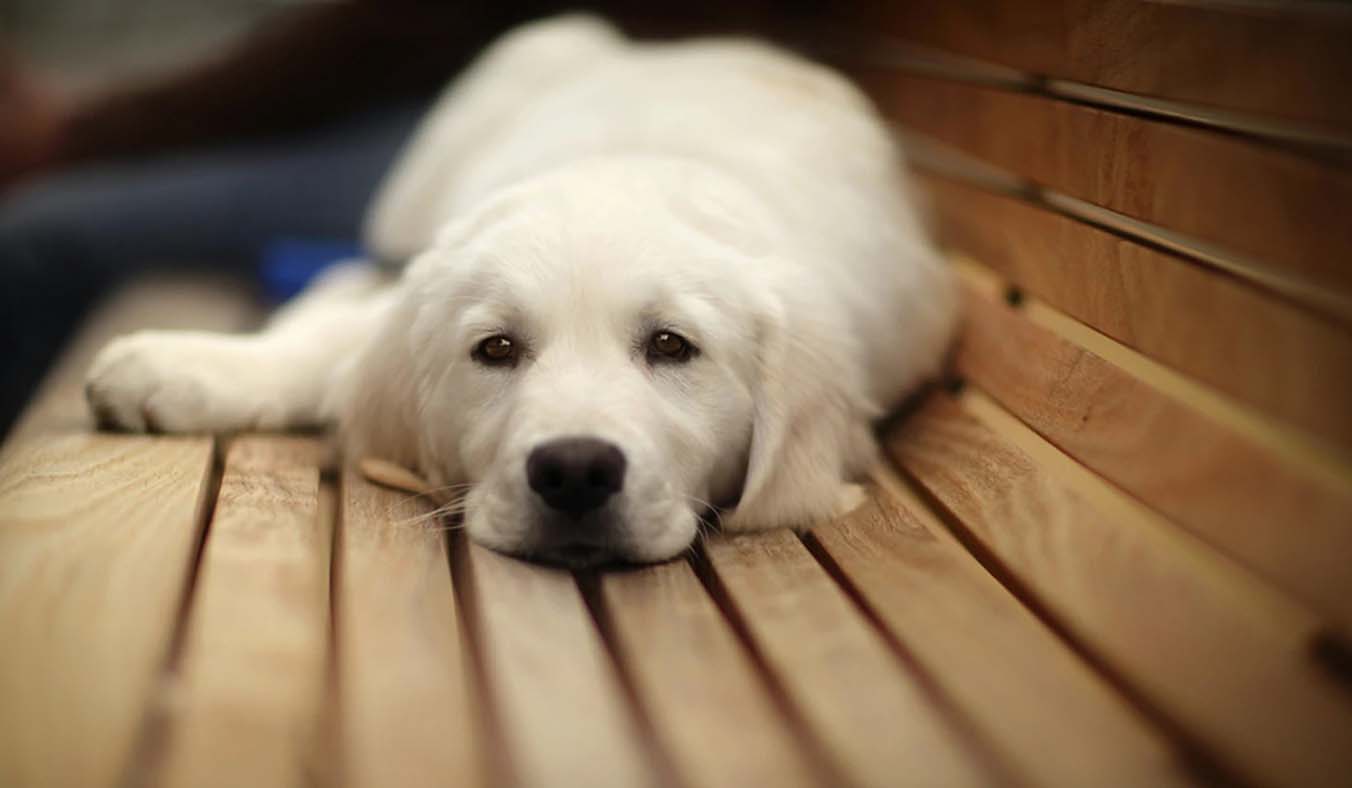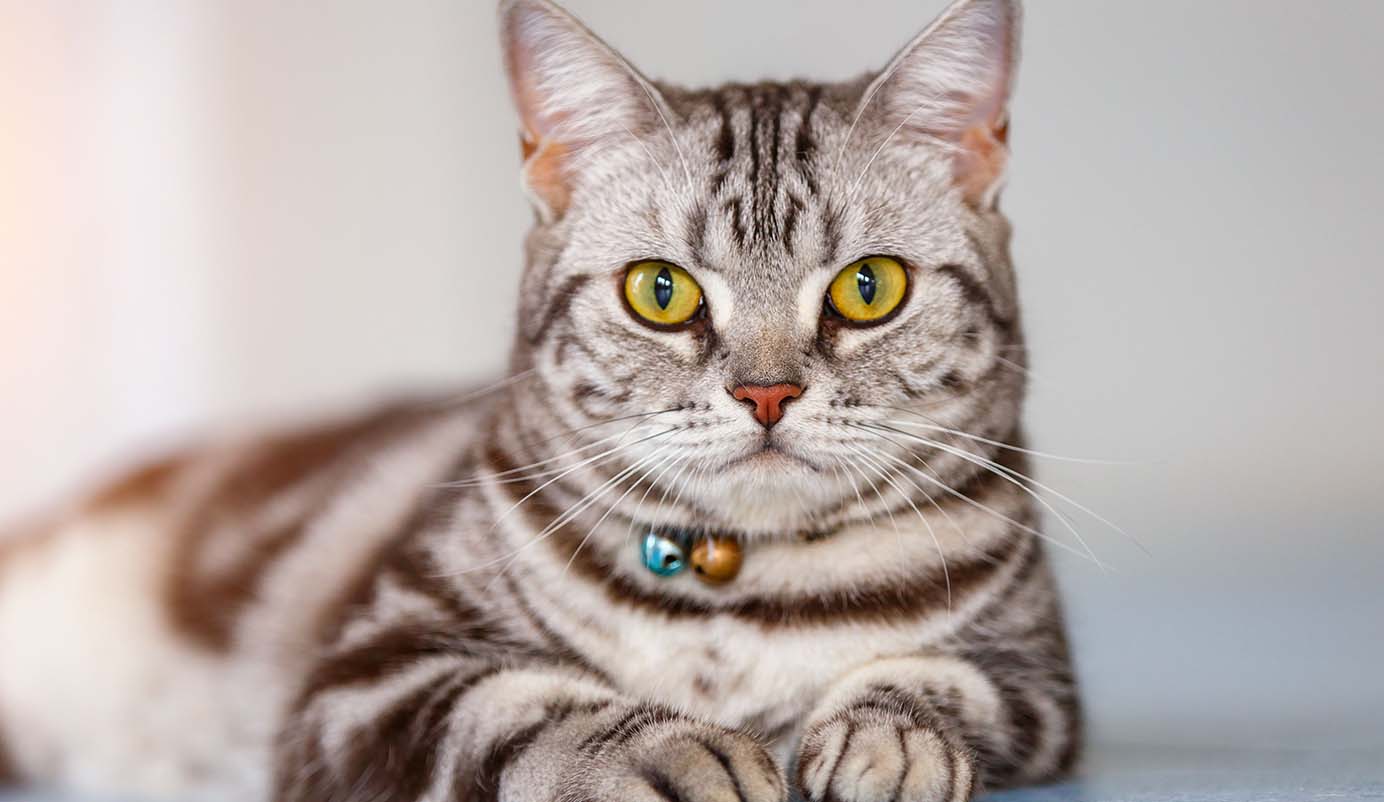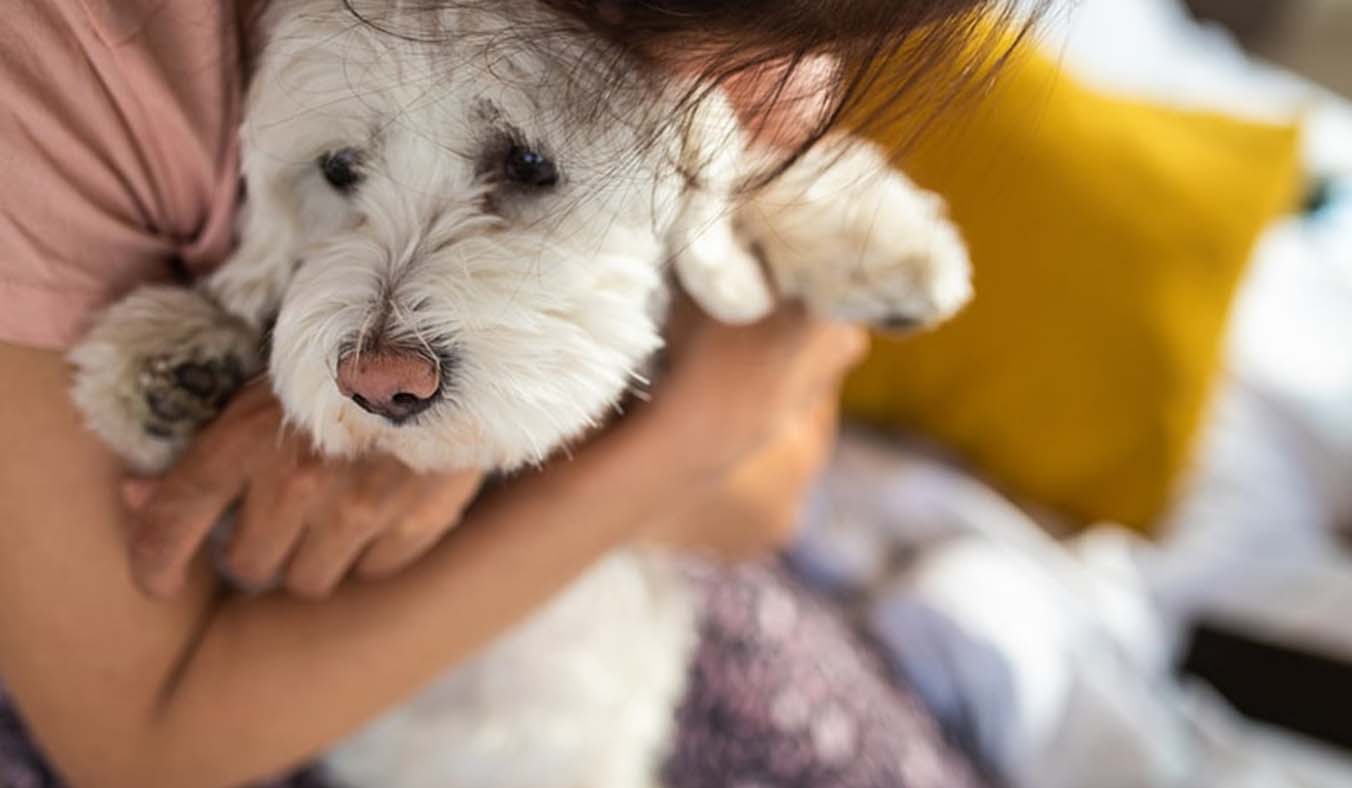Hiccups are a common occurrence in dogs, just as they are in humans. While they can sometimes be harmless and temporary, persistent hiccups may indicate an underlying issue that requires attention. We’ll explore the causes of hiccups in dogs and puppies, discuss methods to alleviate them, and address when hiccups might be a cause for concern.
Do Dogs Get Hiccups?
Absolutely! Dogs are known to get hiccups, just like humans. When a dog experiences hiccups, it’s due to the diaphragm muscle contracting involuntarily. This muscle plays a crucial role in breathing, separating the chest and abdominal cavities.
During a hiccup episode, the sudden contraction of the diaphragm causes the vocal cords to close abruptly, creating that distinctive “hic” sound we’re familiar with.
There are several reasons why dogs may get hiccups. Excitement, stress, eating or drinking too quickly, or even swallowing air while eating can trigger them. While hiccups are generally harmless and tend to resolve on their own, it’s essential to pay attention if they become frequent or prolonged.
It’s essential to monitor your dog’s hiccups and observe any accompanying symptoms or changes in behavior. If your dog experiences persistent hiccups or shows signs of distress, such as difficulty breathing or abdominal discomfort, consulting with a veterinarian is advisable to rule out any potential health concerns.
In most cases, though, a bout of hiccups in dogs is nothing to worry too much about. Providing a calm and soothing environment for your furry friend can help alleviate any discomfort and allow the hiccups to pass naturally.
Do Puppies Get Hiccups?
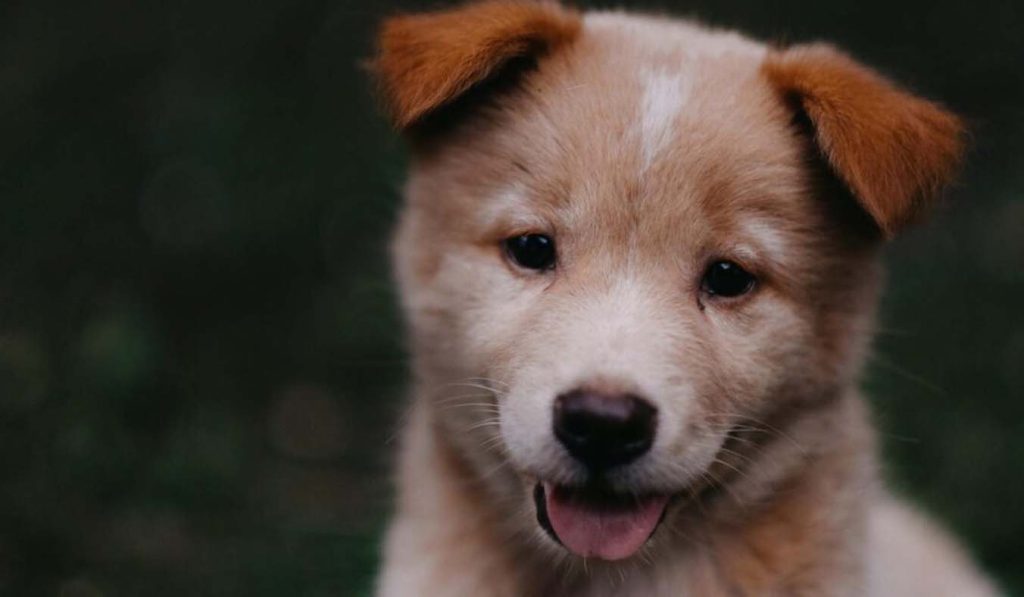
Absolutely! Just like human babies, puppies are prone to hiccups, and they might experience them more frequently than adult dogs. This increased susceptibility is often due to their developing nervous systems and immature diaphragms.
When a puppy gets hiccups, it’s quite similar to what happens in adult dogs. The diaphragm, that essential muscle responsible for breathing, contracts involuntarily, causing a sudden closure of the vocal cords and the familiar “hic” sound.
While hiccups in puppies might seem concerning, especially for new pet parents, they’re typically harmless and tend to resolve on their own without any intervention. It’s part of their growing process as they learn to regulate their bodily functions.
However, if you notice your puppy experiencing persistent hiccups or if they seem uncomfortable or distressed, it’s always a good idea to monitor them closely and consult with your veterinarian if necessary. In most cases, though, a bout of hiccups is just a temporary and harmless part of puppyhood.
Providing a calm and soothing environment for your puppy during hiccups can help reassure them and alleviate any discomfort they may be feeling. Remember, patience and observation are key when it comes to caring for your furry friend during these adorable, albeit slightly noisy, moments.
How to Alleviate Dog Hiccups
When your canine companion is experiencing hiccups, there are a few simple strategies you can try to help alleviate their discomfort:
- Wait It Out: Often, dog hiccups will stop on their own within a few minutes. Encourage your furry friend to relax and wait patiently until the hiccups pass naturally.
- Offer Water: Providing your dog with a small amount of water to drink can sometimes help soothe the diaphragm and alleviate hiccups. Just ensure the water is easily accessible and offered in a calm environment.
- Distraction: Engage your dog in a gentle activity or offer a favorite toy to help shift their focus away from the hiccups. Playtime or a brief training session can be effective distractions.
- Change of Environment: Sometimes, a change of scenery or a short walk can help interrupt the hiccup cycle and encourage normal breathing. A breath of fresh air might be just what your dog needs to reset their system.
- Massage: Lightly massaging your dog’s chest or gently rubbing their throat can help relax the diaphragm and potentially ease hiccups. Use gentle, soothing motions to avoid causing any discomfort.
Remember, most of the time, dog hiccups are harmless and resolve without intervention. However, if your dog experiences frequent or prolonged hiccups, or if they appear distressed, it’s always a good idea to consult with your veterinarian for further guidance and evaluation.
When to Worry About Your Dog’s Hiccups
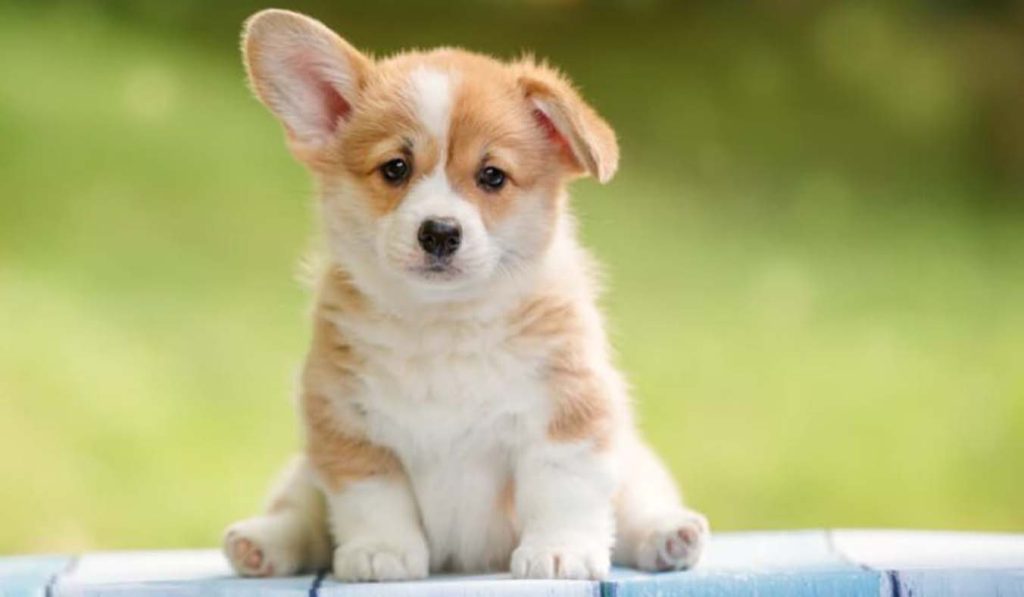
While hiccups in dogs are typically harmless, there are certain circumstances where they may warrant closer attention:
- Persistent Hiccups: If your dog experiences hiccups frequently or if the episodes persist for an extended period, it’s advisable to consult your veterinarian. Persistent hiccups could potentially signal an underlying health issue that requires further investigation.
- Accompanying Symptoms: Be alert for any additional symptoms that may accompany the hiccups, such as lethargy, difficulty breathing, or coughing. These signs could indicate an underlying medical condition that requires prompt veterinary care.
- Change in Behavior: Pay attention to any changes in your dog’s behavior or activity level, particularly if they coincide with the onset of hiccups. If your dog seems unusually distressed or uncomfortable, it’s best to seek guidance from your vet to ensure their well-being.
While occasional hiccups are usually nothing to worry about, it’s always better to err on the side of caution when it comes to your furry friend’s health. If you have any concerns about your dog’s hiccups or overall condition, don’t hesitate to reach out to your veterinarian for professional advice and assistance.
While hiccups in dogs and puppies are generally harmless and resolve on their own, it’s essential to monitor your furry friend and seek veterinary advice if you have any concerns about their health or well-being.
